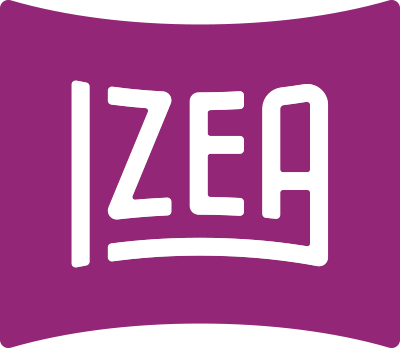 Sport psychology methodology is an invaluable tool for freelance writers. I incorporate the mindset of sport psychology into workload periods of feast or famine. My mental edge comes from a basic tenet of sport psychology: Mental Toughness.
Sport psychology methodology is an invaluable tool for freelance writers. I incorporate the mindset of sport psychology into workload periods of feast or famine. My mental edge comes from a basic tenet of sport psychology: Mental Toughness.
The mentally tough are health conscious. Well researched queries turn into assignments. When this happens, we need to be able to withstand the onslaught. Work done while stressed or when feeling unwell is usually not our best. Exercise and good nutrition should always be a part of our day. As I write this I almost chuckle to myself. The sad truth, however, is that if we don’t follow this sport psychology guideline, we may succumb to a stress related illness and be unable to make deadlines.
The mentally tough:
- Have a ‘flexible mindset and ‘weather adversity’. Life doesn’t always go the way we expect. Plan B should be worked out and implemented when a kink develops. ‘Focus on the task at hand’. This is usually achieved by persistently and systematically checking off the ‘to do’ list. It is also a learned behavior to ‘stay poised’ during pressure situations. The writer’s opponent is limited time. Becoming anxious takes more time. Find a quick coping mechanism like deep breathing and incorporate deliberate inhales and exhales.
- Set goals with the end goal in mind. If you know how much money you need for the hour, day, week, month, and year then you know how much work to accept. It is important to set specific immediate, short-term, and long-term goals. Do this at the end of the current work year preferably the week before New Year’s Eve. Set yearly long-term goals and work in reverse to short-term goals, and immediate goals.
- Know that ‘motivation’ isn’t a stable entity. No one routinely walks around with a full tank of motivation. We become writers because it’s our passion. We are internally motivated. External motivators help during periods of burnout. If you meet with your favorite cheerleader and still don’t feel motivated, open a notebook and grab a pen. Free write until you find your release valve. Write until you vent all your misgivings and feelings of being overworked.
- Understand ‘self talk’ is a double-edged sword. It’s important to monitor your automatic thoughts and exorcise the negative. Some days productivity is derailed because of negative automatic thoughts. Asking for more money can be a challenge for writers. What is your first thought when picking up the phone to ask your editor for a higher fee? If the automatic thought is negative, start offering yourself positive self talk. You know your good points. Write them down and revel in them until you feel like making that call.
- Embrace ‘visual imagery’ as a freelancer’s friend. You completed three of the five article assignments that landed in your lap simultaneously. You desperately need a break NOW. You do have something to look forward to in a couple of weeks. With that positive in mind: Close your eyes and visualize yourself moving through the research. That wasn’t so bad. Then you see yourself calling sources and scheduling interviews. As you go through each step of the article you may become more motivated to get started especially when your visual imagery moves to the end of the feast of work and you see yourself relaxing in a couple of weeks.
The games we play and the game of life have similar rules. We need to be healthy and to obtain that critical edge that equals success; we need to harness the positive powers of the mind.
Image courtesy of Paul Gooddy / FreeDigitalPhotos.net



